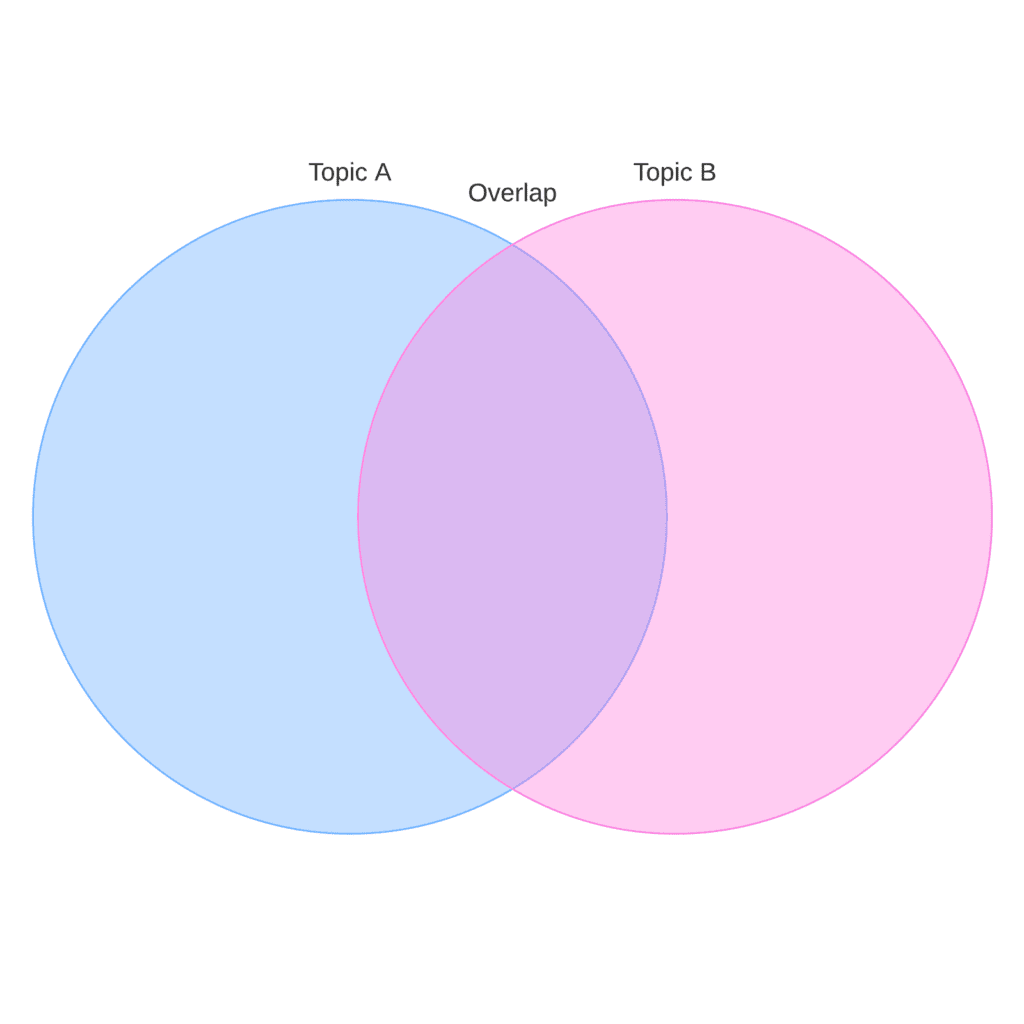
SOURCE: Polycrisis.org ; Human Collapse in Front of Earth
What is a Mega-Crisis?
A mega-crisis is something larger than a big crisis that captures the media’s attention or a case study for a public relations class. Authors Yen and Salmon build up to their definition of a mega crisis by establishing the root concept to be a problem, an individual or organization facing a decision (Yen & Salmon, 2017) . The next thing is a mess, a large and complex set of interacting problems ( Yen & Salmon, 2017). Next comes a crisis, which can be defined as a “turning point for the organizational life.” (add ya source) or “a disruption that can threaten the existence of an organization” (add ya source here). Next comes a mega-crisis. Yen and Salmon define a mega-crisis as something “more severe and complex than a crisis, where both managerial and political perspectives are required to manage the situation.” (Yen & Salmon, 2017).
Yen and Salmon use the African famine as their example of a mega-crisis in their writing. This crisis differs from other crises due to it being “a complex constellation of political, religious, cultural, and commercial crises involving not only the media, governments, ambassadors, religious leaders, and citizens from many countries, but also private companies (Yen & Salmon, 2017)
Crisis communication is a neighboring concept similar to mega-crises. Crisis communication focuses on the communication and aftermath of a crisis or a mega-crisis. Matthew Seeger defines crisis communication as “the process of creating and exchanging messages between interdependent stakeholders in conditions of high uncertainty, threats to high-priority goals, and the need for immediate response created by a crisis. (Seeger, 2022)

SOURCE: HubSpot ; Crisis Communication Examples
How do they Compare and Contrast?

SOURCE: Corporate Assets ; Venn Diagram
One difference between these two concepts is the processes of communication. In crisis communications, the communication aspect generally “follows the developmental nature of crises from pre-crisis conditions where risks develop and incubate to post-crisis conditions where social and organizational structures, processes, and norms are reconstructed” (Seeger, 2022). Another difference between crisis communications and mega-crises is that crisis communications are usually planned strategically and happen after a crisis has started. An overlap of these two concepts is that both concepts and approaches require a clear, urgent, and strategic response to protect the public and the reputations of individuals or an organization. An example I came up to differentiate the two concepts can be found below:
Mega-crisis: measles epidemic hits a country and affects 30% of the population
Crisis Communications: How the affected city, government, and emergency response teams communicate warnings, updates, health tips and quarantine plans to the public
This comparison improves my understanding of mega crises by helping me see what mega crises are not. Mega crises have a specific set of criteria to be considered one; however, it’s an inclusive event that is society-wide that crisis communications alone cannot fix. Crisis communications is just a portion of a mega-crisis’ efforts to handle them. It takes the efforts of a communications team, government officials, emergency response teams (sometimes) and similar teams to help bring a mega-crisis down to earth.
Final Thoughts
Mega crises are an exciting thing to me. The concept of teamwork came to my mind a lot while working on this blog post, since learning that mega crises include crisis communication teams, government officials, and sometimes emergency response teams work to figure out a solution to them. While I have no interest in dealing with a mega-crisis anytime soon, I do feel better after learning the basics and some solutions to handling them.
Works Cited
David Lin. (2024, May 22). “Mega Crisis” is here: Assets that will survive coming ’Fourth Turning’| David Hay [Video]. YouTube. https://www.youtube.com/watch?v=PzFcdIvrf98
Eriksson, M. (2018). Lessons for Crisis Communication on Social Media: A Systematic Review of What Research Tells the Practice. International Journal of Strategic Communication, 12(5), 526–551. https://doi.org/10.1080/1553118X.2018.1510405
Lee Ludvigsen, J. A. (2022). When ‘the show’ cannot go on: An investigation into sports mega-events and responses during the pandemic crisis. International Review for the Sociology of Sport. https://doi.org/10.1177/10126902211020169
Seeger, M. (2022, February 24). Crisis Communication. Oxford Research Encyclopedia of Politics. Retrieved 15 Sep. 2025, from https://oxfordre.com/politics/view/10.1093/acrefore/9780190228637.001.0001/acrefore-9780190228637-e-1537.
’t HART, P. (2013). After Fukushima: Reflections on Risk and Institutional Learning in an Era of Mega-Crises. Public Administration, 91(1), 101–113. https://doi.org/10.1111/padm.12021
Veil, S. R., Buehner, T., & Palenchar, M. J. (2011). A Work-In-Process Literature Review: Incorporating Social Media in Risk and Crisis Communication. Journal of Contingencies & Crisis Management, 19(2), 110–122. https://doi.org/10.1111/j.1468-5973.2011.00639.x
Yen, V. Y.-C., & Salmon, C. T. (2017). Further explication of mega-crisis concept and feasible responses. SHS Web of Conferences, 33, 34. https://doi.org/10.1051/shsconf/20173300034